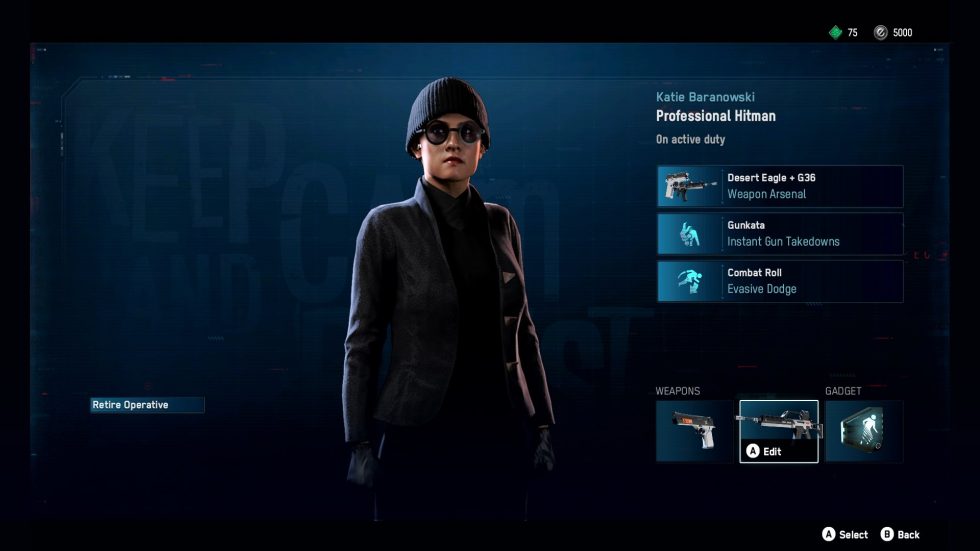Watch Dogs: Legion hands-on: Play as anyone, care about no one

Enlarge / If you're looking for an open-world adventure full of generic, unclear rebellion, Watch Dogs: Legion might hit the spot when it launches later this year. (credit: Ubisoft)
Last year, Watch Dogs: Legion emerged from Ubisoft's coffers with an ambitious pitch for the open-world genre: play as any character in the game. Security guards, grandmas, and even members of rival factions can be "recruited" to become a playable character (with some being trickier to convince than others). It's certainly a first for a GTA-like: why run people over with your car when you can sign them up to your cause?
But is this twist enough to boost the Watch Dogs series to a compelling romp, years after its "GTA with hacking" conceit was already wearing thin? After a delay from its original 2019 launch window, players across the world will find out October 29 on PC (UPlay, Epic Games Store), Stadia, Xbox One, and PS4. (The game will also launch on next-gen consoles "upon their launch," Ubisoft reps have told Ars.) In the meantime, I got to play a preview build for nearly four hours last week to find out for myself. And while the play-as-anyone conceit really works as advertised and is impressive as a feat of engineering, its execution within a video game is currently hard to recommend.
Taking the “N” out of NPC
-

Look, it's the hero of Watch Dogs Legion! No, I'm kidding. Every single person in the game can be your controllable hero. (Note: Every image in this article was captured from live demo gameplay.) [credit: Ubisoft ]
This version of Watch Dogs is set in a near-future version of London (with most of its historic landmarks intact) on the eve of a terrorist attack. A spate of explosions goes off across the city, and the evil mastermind behind it frames a vaguely anti-government, anti-corporation group called Dedsec. A privatized, automation-minded security firm wrests control of London's police forces, then ramps up body-scanning checkpoints and security drones. Dedsec's ranks are arrested and otherwise detained, but their message—of, uh, fighting the power, but not in any specific or controversial way—lives on, carried in part by an AI entity.
Read 20 remaining paragraphs | Comments
from Gaming & Culture – Ars Technica https://ift.tt/2CvQBwV